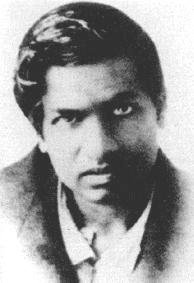Octave: Matlab's clone
In this world there are a number of clones of Matlab. Even though Matlab really grew up to take over majority of high-tech industries, these clones also could manage to survive. There could be two major reasons behind this: (i) Matlab is relatively high priced (ii) Some people in academic world felt the urge to reinvent the wheel or may be they just could not avoid the intellectual urge for continuing a parallel evolution.
These parallel developments date back to 1980s when the power of matrix based numerical computation was realised. The general viewpoint was that the matrix programming could be developed with an interface that could get away with Fortran syntax with its declaration of variables of different kinds. Octave is the closest clone of Matlab. It was developed at University of Wisconsin by John W Eaton as a companion program of a textbook, so that students could solve Chemical Engineering problems without wasting time in debugging ugly-looking Fortran codes.
It has a popular user-base in a number of universities in USA - especially where no or only a limited number of licenses are available to students. Octave is available as both source code and binaries for Windows, Linux, Unix and is freely distributable under the GNU General Public License (GPL). Click here to download Octave.


